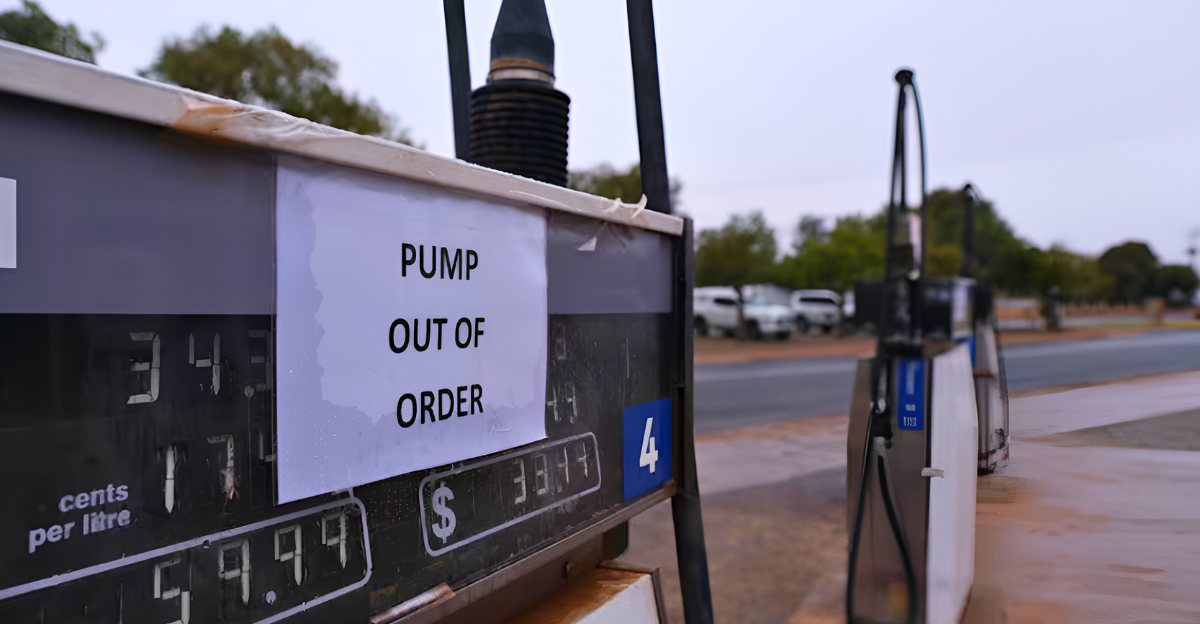
Imagine a time when the familiar rumble of gas engines is just a memory, and all you hear is the soft hum of electric cars. It sounds like something from a science fiction movie, but a silent revolution is unfolding in legislative chambers across America.
On legislative floors, a number of states are plotting an ambitious experiment—one that will rewrite the road rules, the economy, and perhaps even the air we breathe. The aim? To end new gas car sales by 2035. Now, the question isn’t if, but how soon will this life-changing revolution arrive?
Why Combustion Engines Are a Wildlife Crisis in Disguise
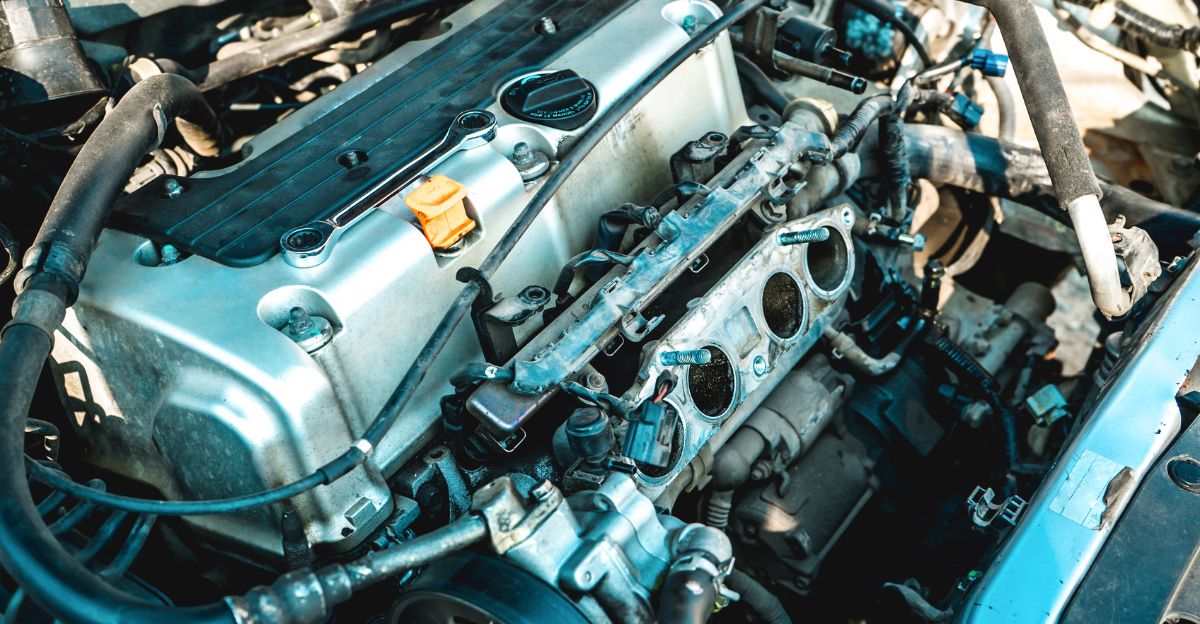
Combustion engines aren’t just major pollutants; they’re ecosystem destroyers. Toxins—carbon dioxide, nitrogen oxides, and particulates flood into forests, rivers, and oceans, transforming habitats, acidifying streams, and threatening wildlife from songbirds to salmon.
The ripple effect of these gases is quiet but devastating. As emissions rise, biodiversity declines, and the web of life falters.
1. California

California led the way with a mandate that all new passenger vehicles sold after 2035 must be zero-emission, according to The New York Times. This bold policy, founded on an executive order and finalized by the Advanced Clean Cars II rule, sets forth aspirational targets starting in 2026 that aim to cut fossil fuel demand and use substantially. Despite federal resistance, California’s leadership persists in shaping this discussion, which has now become national.
2. New York
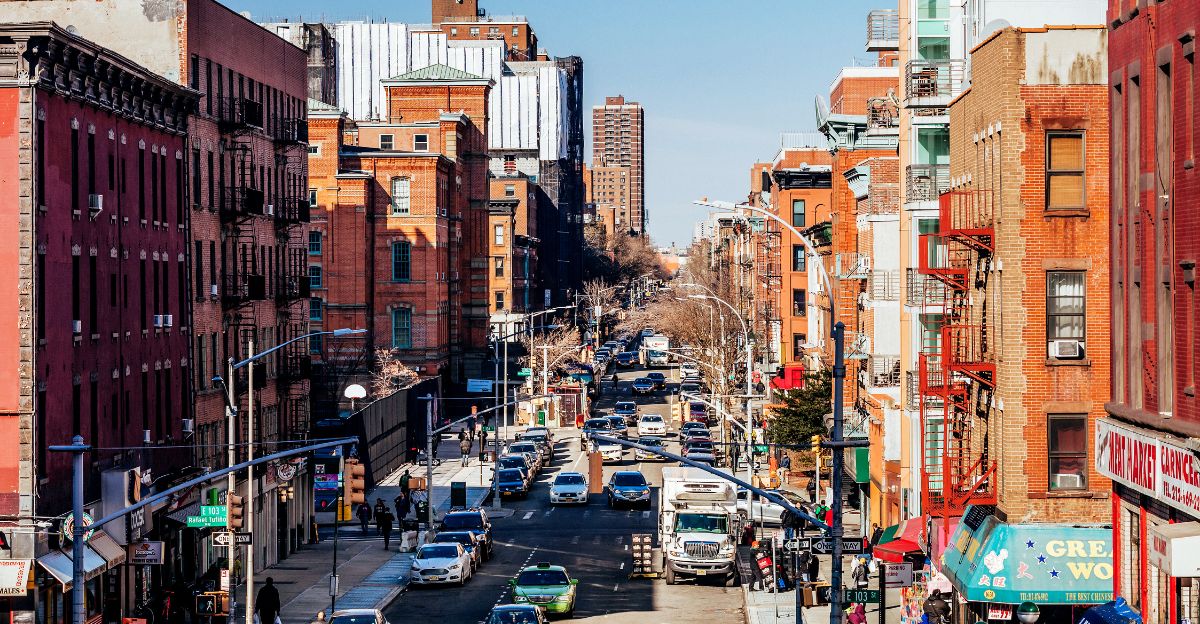
New York quickly followed California’s lead, enacting legislation requiring all new light-duty vehicles and passenger trucks sold by 2035 to be zero-emission. The state set measurable objectives for 2026 and 2030 to allow for a smooth transition. However, New York’s approach is more comprehensive and long-term, considering alternatives to cars, including off-road vehicles and medium—and heavy-duty trucks by 2045.
3. New Jersey
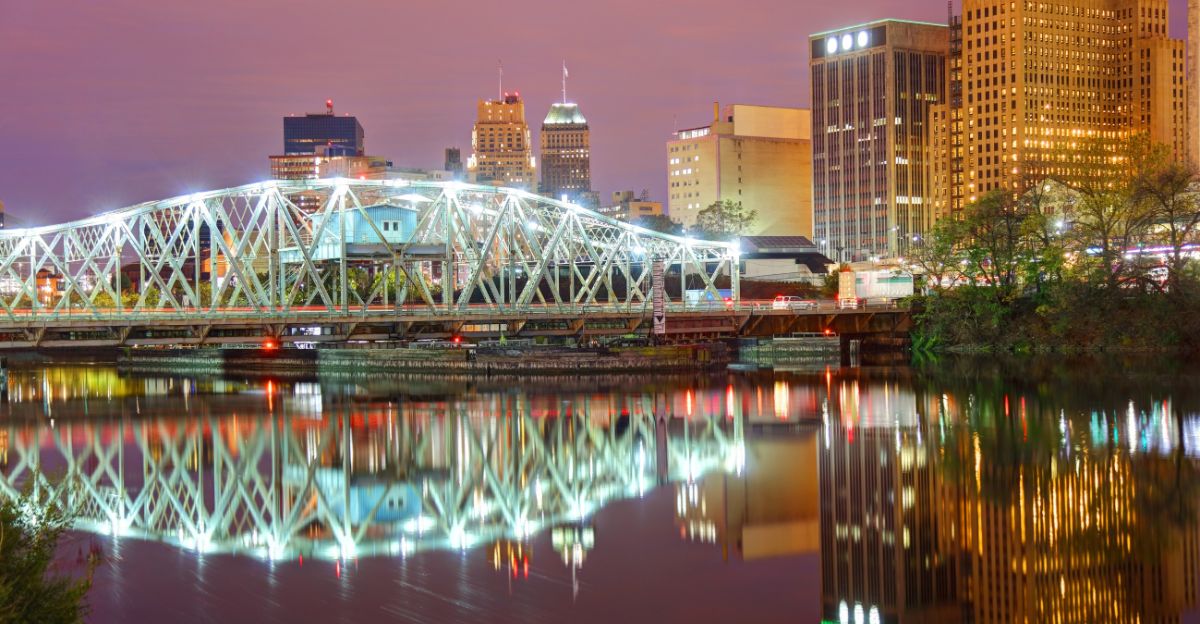
New Jersey’s Department of Environmental Protection has passed rules phasing out sales of new gasoline-powered cars by 2035, in line with the Advanced Clean Cars II program, as reported in Charged Magazine. The move drove bitter debate, mostly among auto retailers and consumer advocates, but environmentalists hailed it as a public health win. According to NJ Spotlight News, the state plan includes stricter tailpipe regulations and incentives for the uptake of zero-emission vehicles.
4. Oregon

Oregon’s Environmental Quality Department announced that it had enacted a rule banning new gas-powered passenger vehicles by 2035, with incremental goals for zero-emission sales. The policy allows hybrids and emphasizes equity with incentives for affordable electric cars in low-income areas.
According to the state’s official website, Oregon aims to reduce its greenhouse gas emissions by 50% by 2035 and 90% by 2050, making it a Pacific Northwest climate leader.
5. Delaware
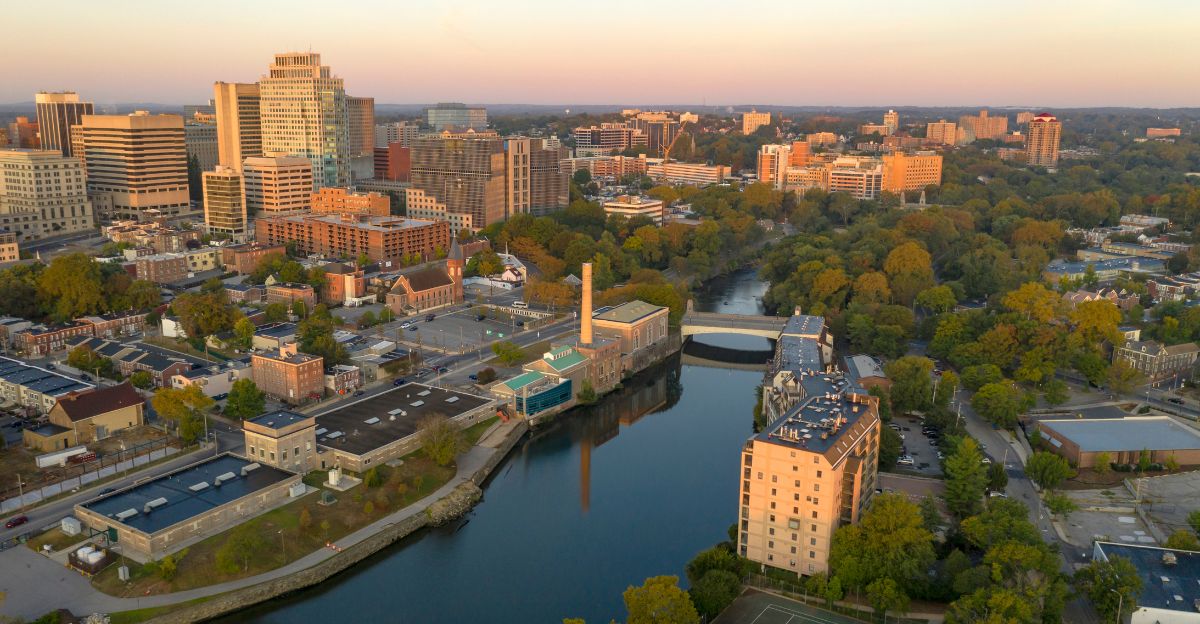
According to CNET, Delaware has quietly emerged as a determined player in the movement to ban new gasoline-powered vehicles by 2035. After a public hearing in 2023, the state finalized regulations aligning with California’s Advanced Clean Cars II standards. As of 2025, the state is still in the process of implementing the ban due to local opposition. However, their approach amends their existing Low-Emission Vehicle program, ensuring a steady transition to zero-emission vehicles.
6. Massachusetts

Massachusetts committed to phasing out the sale of new gas-powered cars by 2035 in its 2050 Decarbonization Road Map. According to the state’s official website, it offers manufacturers flexibility when they’re struggling to sell electric trucks, weighing economic realities against emission goals. Further, Massachusetts is building out its charging system and targeting disadvantaged communities in a shift to clean transportation.
7. Rhode Island
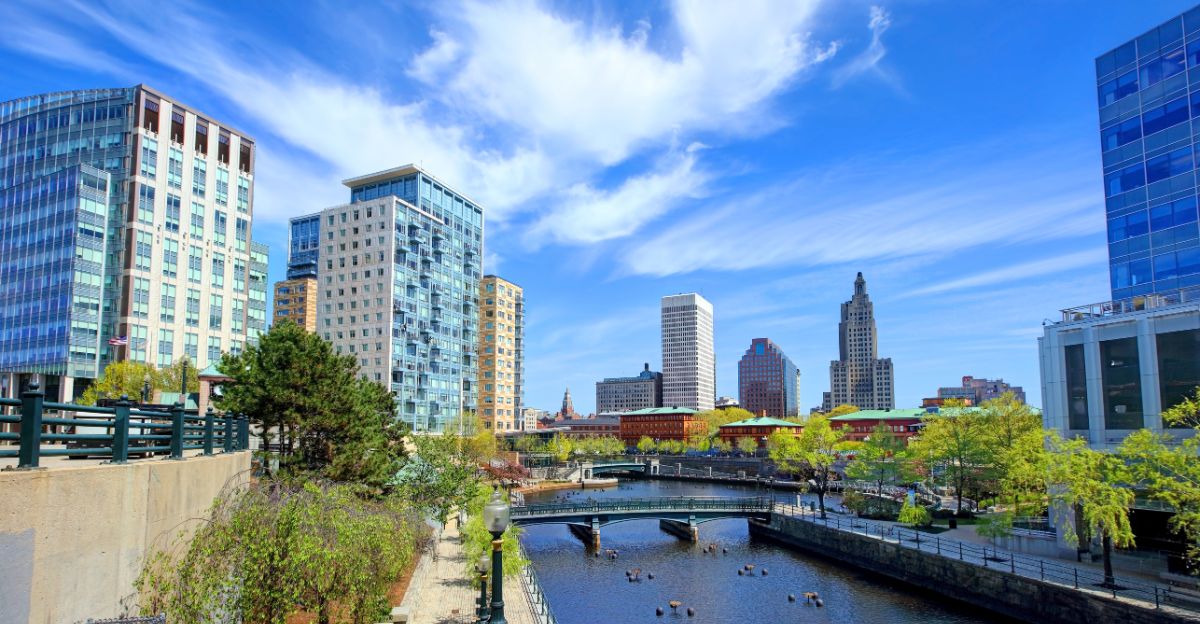
Rhode Island’s Legislation S2448 is among the most aggressive, proposing a ban on new internal combustion engine passenger vehicles for personal use as early as 2027 and public fleet bans by 2030. Still, this legislation isn’t fully finalized or implemented as yet. Further, according to GMAuthority, the legislation will see the immediate phase-in of electric school buses and has forceful targets for medium—and heavy-duty trucks. This intense approach reflects a keen awareness of environmental stewardship and economic savings within the state.
8. Vermont

As reported by the Vermont Daily Chronicle, the state is legally obliged to adopt California emissions standards due to state law. The goal was initially to address smog levels in the region more quickly than using less aggressive federal standards. Now, it aims to end new sales of petrol-powered cars by 2035, but recent politics have interrupted and delayed the legislation’s implementation.
9. Washington

Washington adopted California’s standards for zero-emission cars, committing to phase out the sale of new gasoline-powered vehicles by 2035, according to the state’s Department of Ecology. The state’s official website explains that incentives are on offer for drivers to switch to electric and other zero-emission vehicles. Washington’s policy is part of a broader West Coast strategy to be the clean transportation leader in the nation.
Will the Gas Engine Ever Truly Die?

Even as over nine states draft bans, the combustion engine’s legacy will linger. These laws don’t ban driving old gas cars but block new sales, so used cars will remain, collectors will cherish classics, and innovation may yet deliver cleaner fuels. The story isn’t about erasing the past but building a future where technology and nature can finally thrive equally. Instead of looking at the end of the gas engine as a funeral, consider it more as a step toward human and technological evolution.







